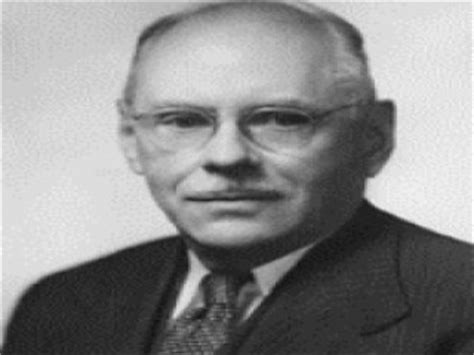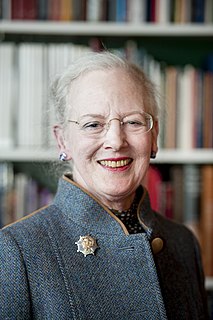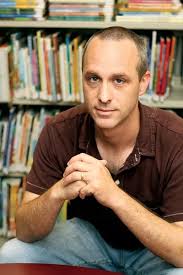A Quote by Friedrich Nietzsche
Logic, too, also rests on assumptions that do not correspond to anything in the real world, e.g., on the assumption that there areequal things, that the same thing is identical at different points in time: but this science arose as a result of the opposite belief (that such things actually exist in the real world). And it is the same with mathematics, which would certainly never have arisen if it had been understood from the beginning that there is no such thing in nature as a perfectly straight line, a true circle, and absolute measure.
Quote Topics
Absolute
Actually
Also
Anything
Assumption
Assumptions
Been
Beginning
Belief
Certainly
Circle
Different
Exist
Had
Identical
Line
Logic
Mathematics
Measure
Nature
Never
Opposite
Perfectly
Points
Real
Real World
Rests
Result
Same
Same Thing
Science
Straight
Straight Line
The Real World
Thing
Things
Time
Too
True
Understood
Which
World
Would
Related Quotes
You have this world of mathematics, which is very real and which contains all kinds of wonderful stuff. And then we also have the world of nature, which is real, too. And that, by some miracle, the language that nature speaks is the same language that we invented for mathematics. That's just an amazing piece of luck, which we don't understand.
Give half a dozen men the same camera, lenses and plates, and send them to the same place to do the same thing, and all the results will be alike, or so nearly alike as to reveal the real mechanicalness of photography. Yet, curiously enough, this is just one of the most difficult things a photographer can be set to do, to exactly repeat himself, or another. He may use the identical apparatus, know the subject perfectly, and yet be totally unable to bring away an exact replica.
The saying of Protagoras is like the views we have mentioned; he said that man is the measure of all things, meaning simply that that which seems to each man assuredly is. If this is so, it follows that the same thing both is and is not, and is bad and good, and that the contents of all other opposite statements are true, because often a particular thing appears beautiful to some and ugly to others, and that which appears to each man is the measure
I agree that science is the best way of understanding the natural world, and therefore that we have reason to believe what the best science tells us about the objects in that world and the relations between them. But this does not mean that the natural world is the only thing we can have true beliefs about. The status of material objects as things that are "real" is a matter of their having physical properties, such as weight, solidity, and spatio-temporal location. In order to be real, such things need not have, in addition to these properties, some further kind of metaphysical existence.
But it is the bane of psychology to suppose that where results are similar, processes must be the same. Psychologists are too apt to reason as geometers would, if the latter were to say that the diameter of a circle is the same thing as its semi-circumference, because, forsooth, they terminate in the same two points.
I believe that it is indeed easier for a woman who follows a male monarch, as it was in my case. There was no role model I had to measure up to. It was clear from the beginning that many things would be different, and that helped. And I hope that the same thing will help my son, Crown Prince Frederik, when he becomes king one day.
At the very outset I have to tell you that truth is what it is. You cannot mold it, you cannot change it. It is always the same. It has been the same, it is the same, it will be the same. But to say that we know the truth and that we have the truth is really a self-deception. If you had known the absolute truth there would have been no problems and everybody would have said the same thing. There would be no discussions, no arguments, no fights and wars. But when we don't know the absolute truth then we can find out our own mental conceptions as the truth. But this mind is so limited.
Yet things are knowable! They are knowable, because, being from one, things correspond. There is a scale: and the correspondence of heaven to earth, of matter to mind, of the part to the whole, is our guide. As there is a science of stars, called astronomy; and science of quantities, called mathematics; a science of qualities, called chemistry; so there is a science of sciences,--I call it Dialectic,--which is the Intellect discriminating the false and the true.
Mr. Harinton was real. There were adults in the world who would actually make sacrifices for others - not just for their own families but for anyone who needed help. Nicholas had always had the impression that families looked after one another, and he had come to understand that, on rare ocassions, children would do the same... But this was different. What Mr. Harinton was doing certainly helped Nicolas - but it also simply felt right to Nicholas. It made him want to be exactly like Mr. Harinton himself.
I don't know if you've ever seen some of the Sidney Lumet movies, like Dog Day Afternoon [1975] or Network [1976]. They're real events that happen in real time, and there are all of these different characters experiencing the same thing in different parts of the movie ... I am so bad at explaining my films. But it's in the world of finance and the world of media, and how they connect. It was a big undertaking. A big, mainstream movie, which stars Julia Roberts and George Clooney. But for me, it's really just a small story about character and people.





































